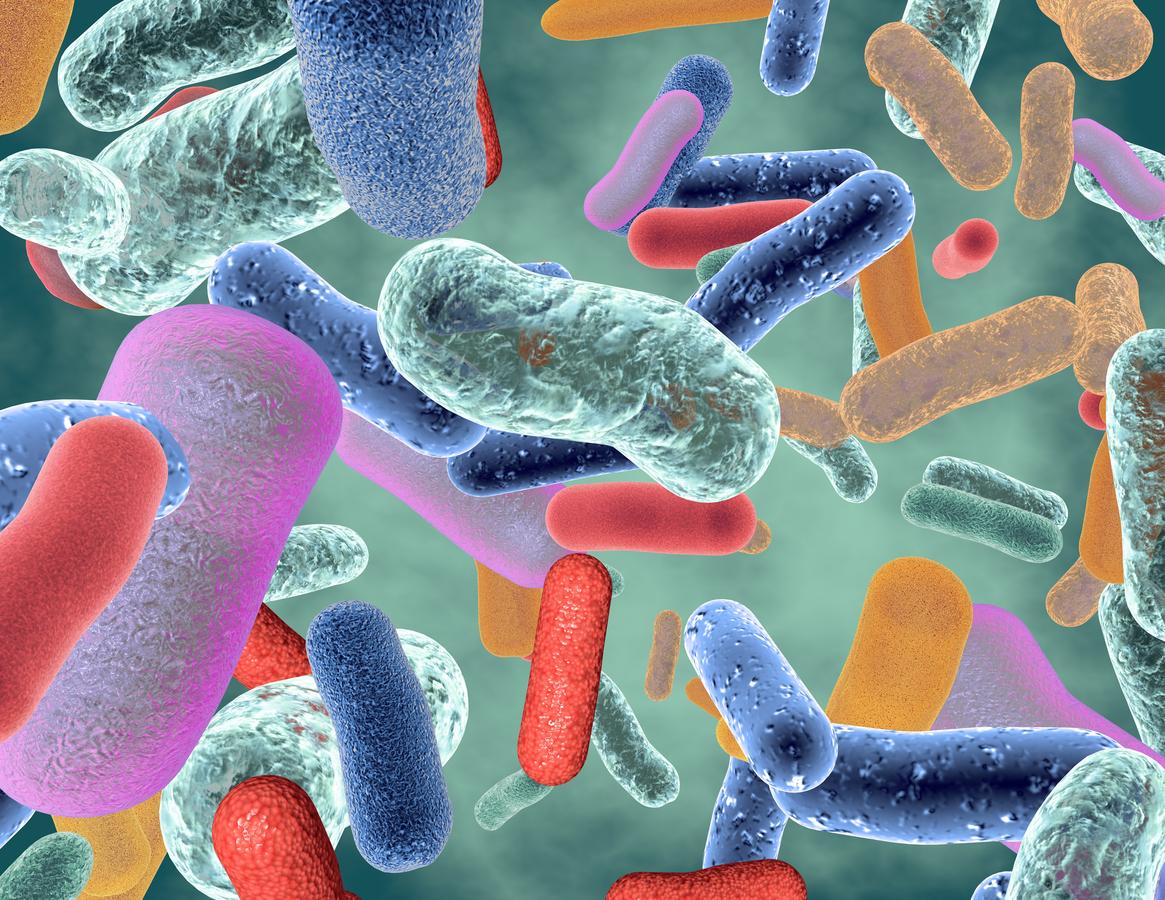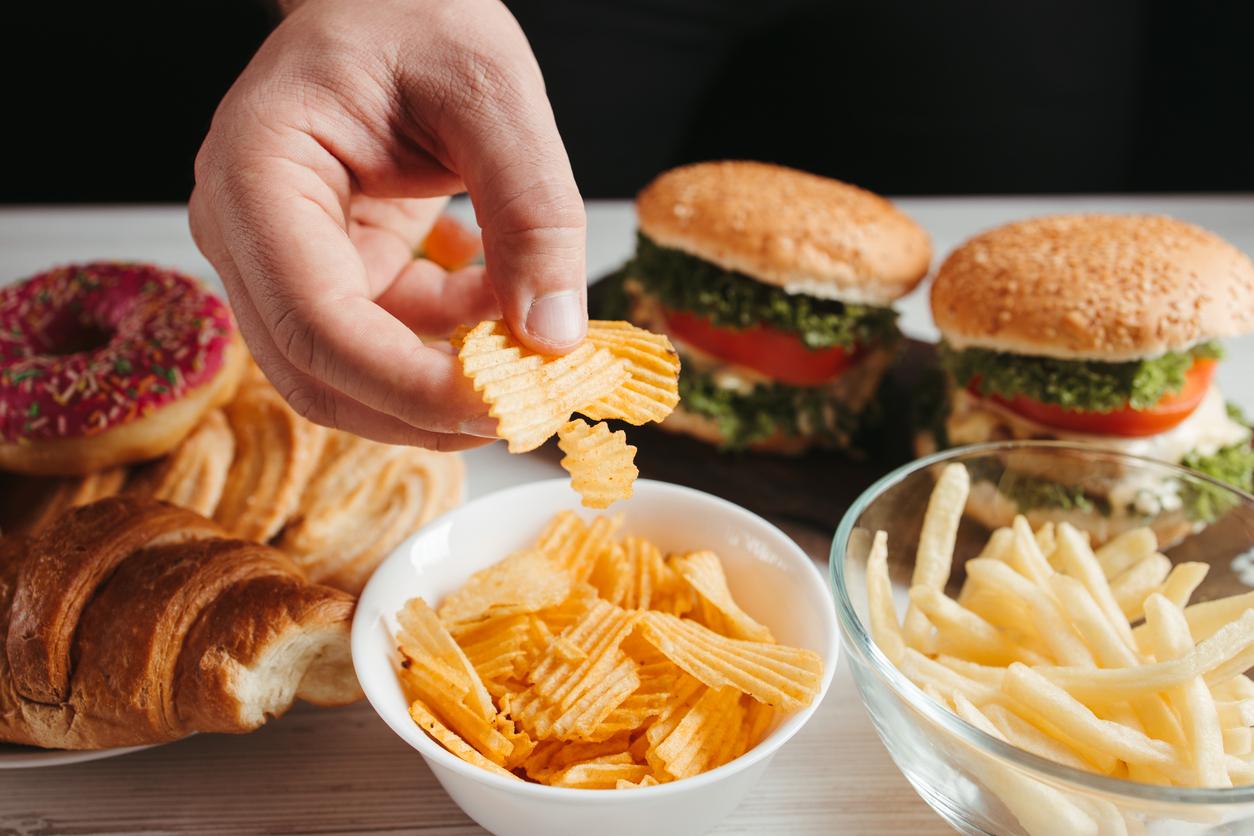The application of vaginal secretions in babies born by caesarean could restore the balance of their intestinal microbiota and improve their neurodevelopment.

- Babies born by caesarean section have a different microbiota than infants born vaginally.
- A study has suggested that applying vaginal secretions from the mother of a baby born by caesarean could have a positive impact on her intestinal flora.
- Children who were smeared with vaginal fluid had a more mature gut microbiota than the control group.
We know that babies born by caesarean section do not benefit from same gut microbiota as infants born vaginally. The intestinal flora, which includes a set of micro-organisms, plays a decisive role in the development and health of a newborn.
During a natural birth, a baby benefits from the benign bacteria coming from the vaginal flora of its mother while a child born by cesarean section receives them during the skin to skin with its mother or during breastfeeding. This difference can however impact the development of these babies.
The positive effects of vaginal secretions in babies born by caesarean section
A study published in the journal Cell Host & Microbe observed that the application of vaginal secretions from the mother of a baby born by caesarean could have a positive impact on its intestinal flora by restoring its balance.
For the purposes of this research, Doctor Jose Clemente, specialist in the role of the microbiota in health, collaborated with researchers from the Southern Medical University in Canton (China). Around 68 infants were recruited for this study, which assessed the effects of using vaginal secretions in infants born by caesarean section.
The babies were divided into two groups: 32 infants born by caesarean section were smeared with vaginal fluid using a soaked gauze, while saline solution was applied to the other 36 newborns. One hour before the caesarean section, the gauze had been placed in the vagina of the mother who had been tested, in order to determine whether she was a carrier of a sexually transmitted disease or of the bacteria streptococcus B. Vaginal secretions were used on all babies’ bodies starting from the mouth and face.
A more mature gut microbiota in infants who received the treatment
Scientists found that infants who were wrapped in vaginal secretions had a more mature and almost similar gut microbiota to vaginally born infants compared to infants in the control group.
Secondly, the researchers also assessed the babies’ neurological development. In particular, the mothers completed a questionnaire at three and six months asking them if their children could make sounds or crawl. According to the results, babies in the first group performed better than those in the control group.
“We think this is partly because some microbes produce chemical particles that could affect brain functions.”explained Doctor Jose Clemente to AFP. Before adding: “if the results can be generalized to a larger population, ideally we would like to see this become generalized as a standard of care (…) In the meantime, this practice should not be put in place outside of a supervised clinical study.”















